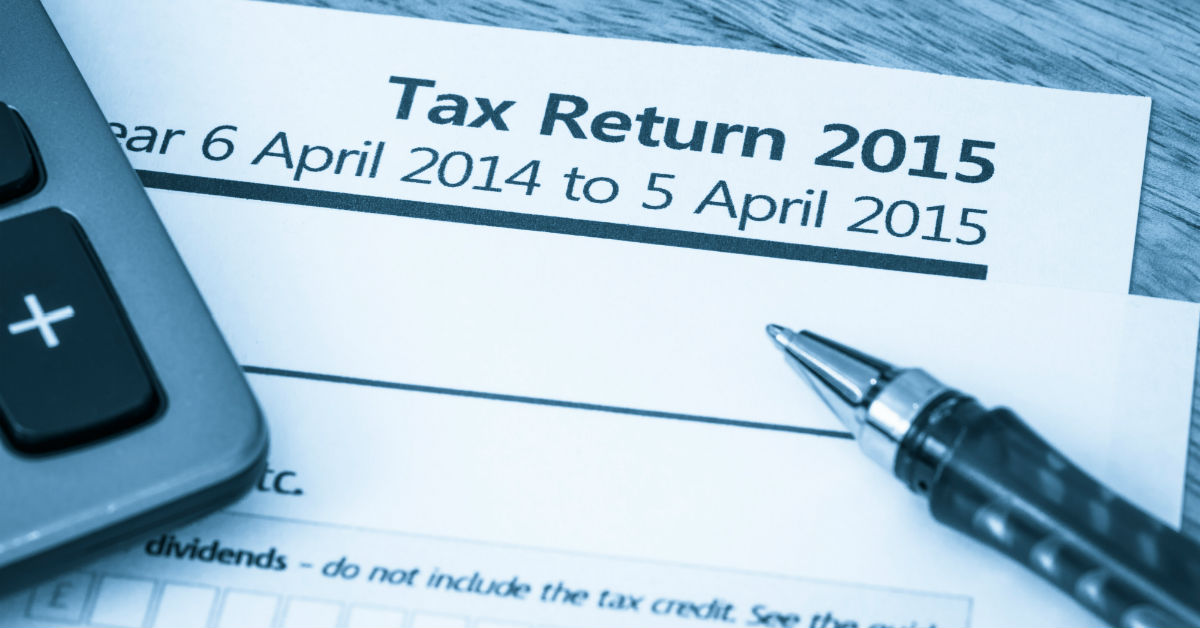The United States federal tax code totals out at 74,608 pages. That’s not a typo. Imagine that — over 74,000 pages of regulations, amendments, loopholes, and legalese.
Not exactly something you’d sit down and read for entertainment.
Of course that number doesn’t include the Utah portion, which presumably adds a lot more. And whether you live in the capitol city or here in beautiful Southern Utah, tax return time can stress anyone out. How is anyone supposed to keep track of it all?
It doesn’t matter if you’re filling as an individual, couple, or business. Navigating the tax code can be a hairy prospect for anyone. Unfortunately, it’s also something you can’t afford to get wrong.
Everyone wants to minimize their tax burden. And nobody wants to face penalties, fines, or even risk legal action for not getting their taxes right. From a relatively un-complex 1040-EZ, to convoluted corporate or LLC filings, you must be aware of all the ins-and-outs of the tax code and how they may apply to you.
Because tax time is no time to fly by the seat of your pants.
Getting your tax return prepared and filed correctly is in your own best interest, not only because you can avoid future troubles, but also because you could lessen your financial liability NOW. And who does’t want that?
Unless you’re an accountant or have training in tax preparation, filing your own tax return can be risky. The IRS employs around 90,000 people, each one paid to do their job by the letter. So you can bet that while they see their fair share of mistakes made by regular folks, they’re going to uphold the rules.
The best way to avoid hot water and pay only the taxes you’re liable for is to get some professional help. CPA and accounting firms in Southern Utah and elsewhere generally employ certified tax preparers. These are the people who know what questions to ask, which forms to use, and how to use every available tool to save you money – while staying on the right side of the law.
What should you look for when hiring a tax preparer?
Obviously, not all of them are created equally, and you shouldn’t trust just anyone with a sign and a costume on a busy street. Here are a few things to consider.
- First and foremost, make sure they have a PTIN. This is a preparer tax identification number. Without it, they are not allowed to prepare tax returns for anyone but themselves. Make sure they have this before giving away any information.
- Other things to consider are their years of experience, whether or not they have documented ability to prepare your type of return, what their fees are, and if they offer e-filing.
- Also, keep in mind that local tax preparers will be the most aware of any tax code nuances and variations in your area.
Filing your tax return is a pretty big deal, but it doesn’t have to cause you undue stress. Here in Southern Utah, there are many qualified tax professionals who can answer your questions and take the burden off your plate. If you aren’t 100% certain you’ll get it right, don’t hesitate to ask for help.







Leave a Reply